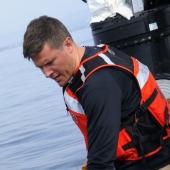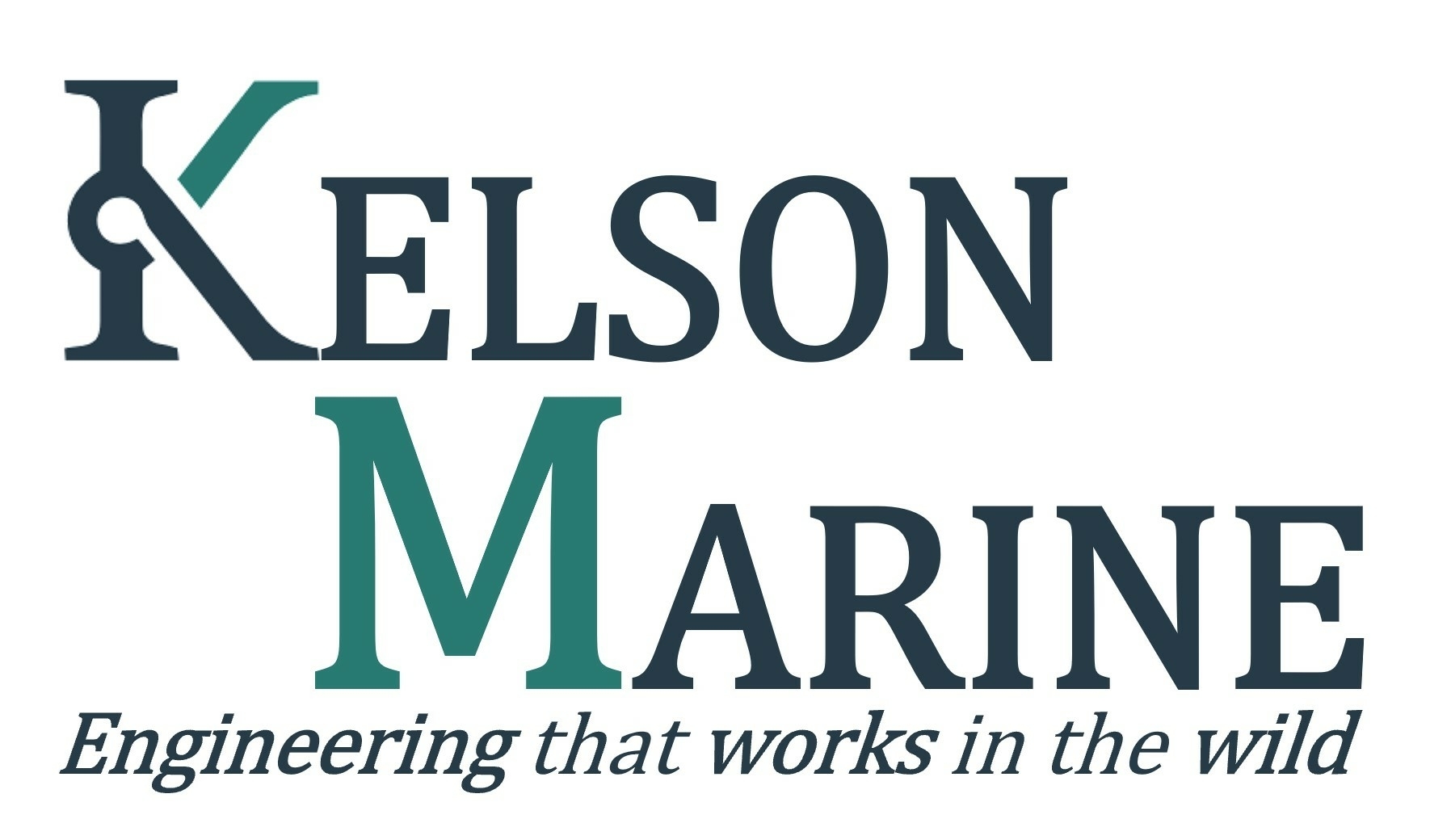Interview:
1. When was the first time you got involved with seaweeds and why?
In 2013 I shifted my focus from the physics of wave and tidal energy devices to the hydrodynamics of flexible aquaculture structures. In 2017, I was asked by several groups to support their research and development of low-cost, large-scale seaweed cultivation structures under the US Dept. of Energy’s ARPA-e MARINER program. Along the way, we got to study the unique hydrodynamics of seaweeds, develop software tools to understand how kelp farms respond to waves and currents, and validate those tools against full-scale measurements of mooring loads on open-ocean seaweed farms. Since then, we’ve gotten to apply our knowledge in developing and de-risking farms around the world.
2. What is your view on the European seaweed industry in 2030?
I have very little insight into how far the industry will grow by 2030. But I do know that there’s a lot we can do to develop cultivation structures that are safe, high-yield, and economically feasible.
3. What will you be talking about at Seagriculture EU 2023?
I’ll be sharing results on how a site’s exposure energy and distance from shore affect the cost of seaweed. I’ll report the ICES Working Group on Open-Ocean Aquaculture’s recommendation to resolve ambiguity in the term “Offshore aquaculture” by distinguishing between distance from the baseline and “exposure” as measured by a physical index; I’ll show results from field validation of predictions of forces on large-scale seaweed farms using open-source tools; and I’ll give results on the levelized cost of seaweed for food and carbon as informed by those validated models.



